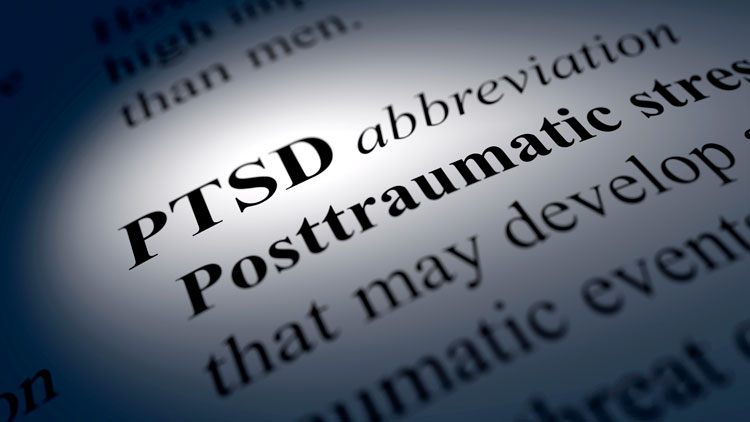
It will soon be possible for a veteran who received an other than honorable discharge to receive veterans benefits, under new guidelines announced by U.S. Defense Secretary Chuck Hagel.
Under the guidelines, military discharge review boards must reassess the presence of post-traumatic stress disorder, according to The New York Times. This is good news for some experts and advocates, who have argued for years that PTSD may have contributed greatly to misconduct by active duty personnel, who were then kicked out of the military with a dishonorable, or “other than honorable”, discharge, which, by law, keeps a veteran from receiving entitled benefits.
The military discharge review boards — which independently review appeals and petitions from veterans seeking a change in their discharge status — are being advised to give “liberal consideration” to any conditions or symptoms of PTSD for veterans, either currently suffering from PTSD or exhibiting PTSD at the time of discharge. Review boards are also asked to give special consideration to any PTSD findings by the Department of Veterans Affairs.
Said Hagel, a former Army infantry sergeant who was wounded by a mine in Vietnam in 1968, “This is our responsibility and the right thing to do for veterans. This new guidance reflects our commitment to those who served our country during times of war many decades ago.”
A lawsuit filed in March by the Vietnam Veterans of America, Vietnam Veterans of America Connecticut State Council, and the National Veterans Council for Legal Redress argued that the review board avoided veteran petitions of discharge status upgrades despite evidence that some had post-traumatic stress disorder. The suit alleged 250,000 veterans were given other-than-honorable discharges, and some 80,000 of those had evidence of PTSD at the time of their exit from service.
“This decision will not be a blanket approval for every upgrade request, but it does open an avenue for those veterans who may have been diagnosed with PTSD years after separation to submit new evidence and hopefully correct an injustice from the past,” John W. Stroud, the national commander of the Veterans of Foreign Wars, told The Washington Post.
Even with the guidelines, it will bear watching how quickly any of these veterans’ cases will be processed and how many will be upgraded.
